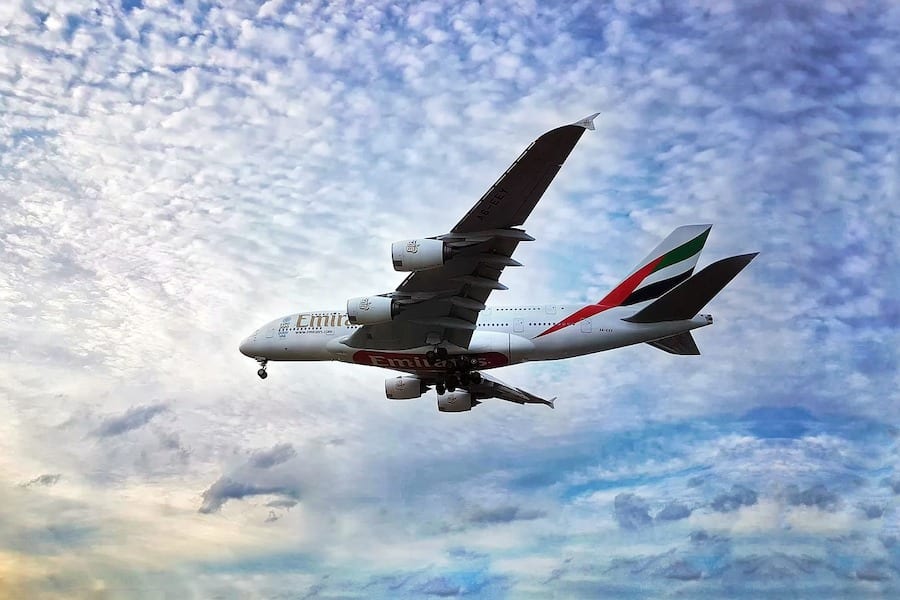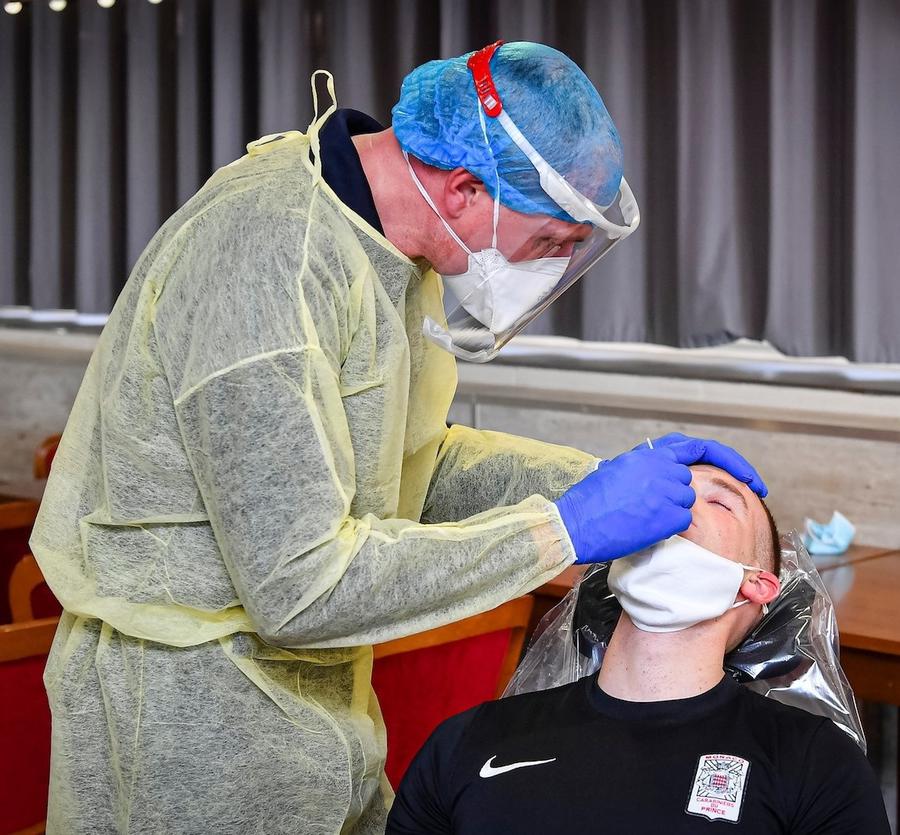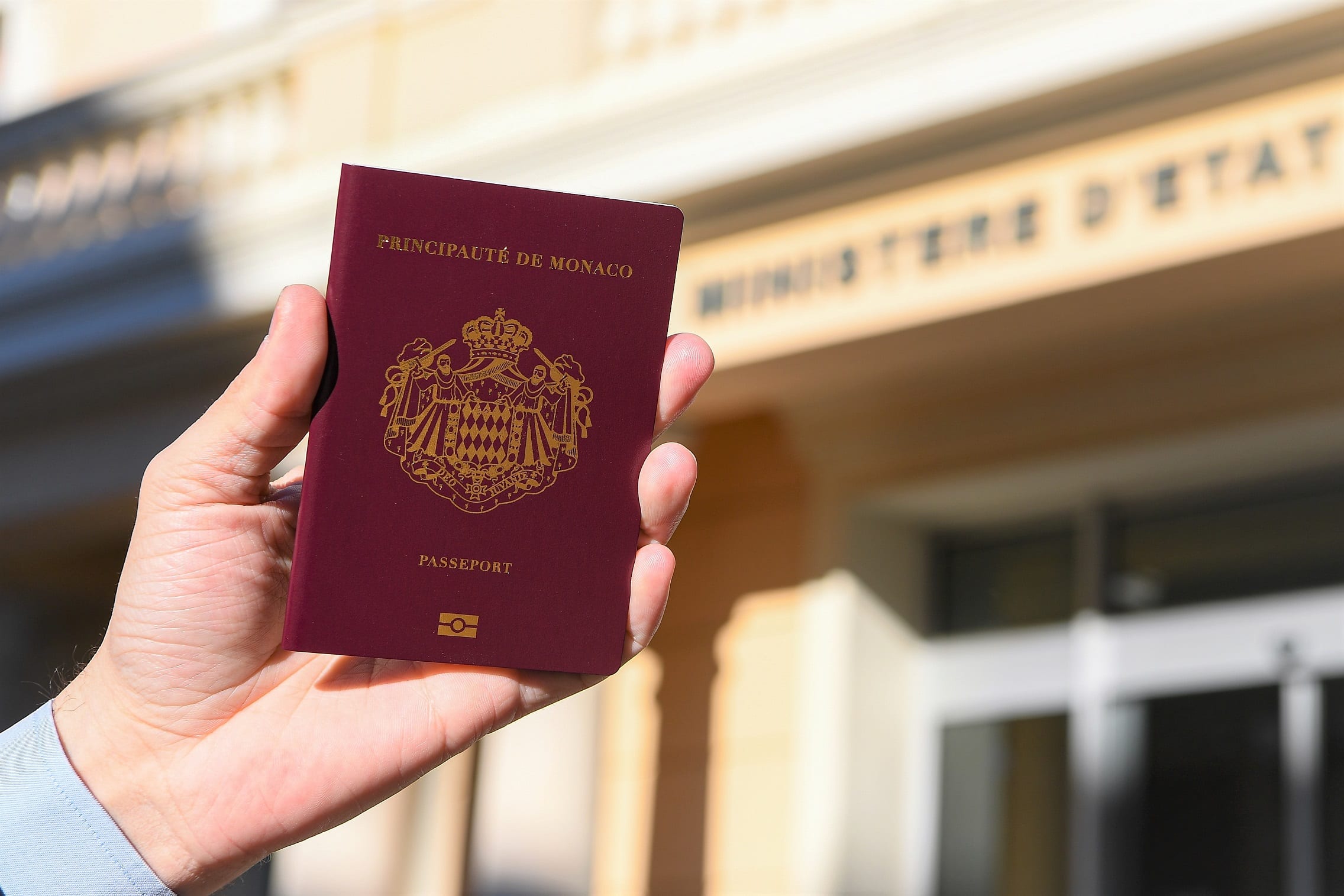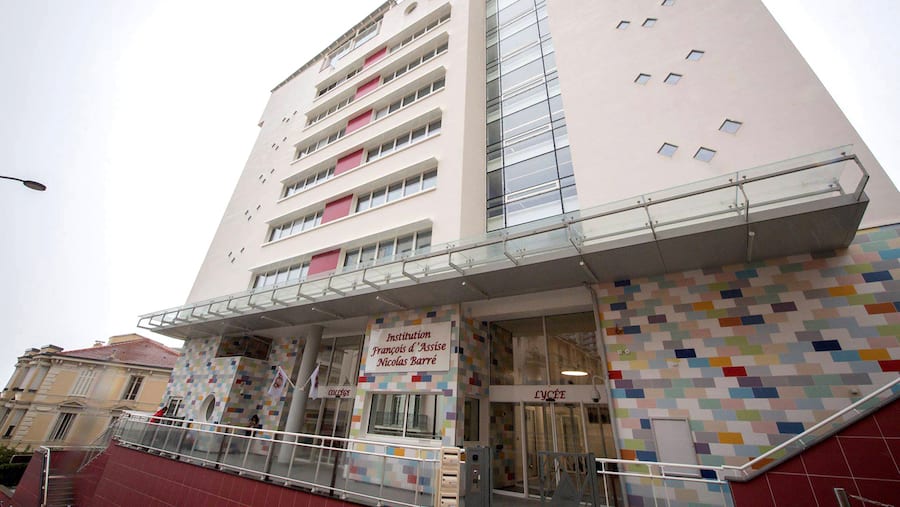Travellers, including Monaco residents, are being refused access to their flights at Nice airport because they are not meeting strict new criteria for international travel outside of the EU. So, here’s a reminder of who can fly and why.
As winter drags on, people are escaping the humdrum of life under Covid by flying off to warmer climates, or planning to do so for the February school holidays.
But on 31st January, France closed its borders to non-EU countries, and social media has since been awash with reports from would-be travellers who have been told by authorities at the Nice Côte d’Azur airport that they cannot board their flights because they do not meet the “essential travel” requirement.
This concerns French nationals, nationals of a member country of the European Area such as Monaco, or nationals of any other State.
The French government website states that: “You can only travel from France to a country outside the European space if you have pressing grounds for travel, or if you are travelling to your country of origin or residence.”
“Essential travel” and “pressing grounds” are defined as:
- Travel due to the death of an immediate family member or very ill family member: a death certificate or medical certificate will need to be produced as proof.
- Travel for child custody reasons: a court decision and supporting documents are required
- Travel to assist the elderly, sick or disabled who have no other support: documents establishing the relationship between the helping person and the assisted person must be produced
- Travel due to summons by a judicial or administrative authority: the summons must be presented
- Travel because of a legal or economic impossibility of remaining in the country which the person is located: an expired residence permit, act of dismissal, etc. will be asked for by authorities
- Travel for security reasons such as child protection and for victims of domestic violence: any document establishing these facts will be accepted
- Travel to return to a main residence when the trip was started before 31st January 2021: proof of main residence and presentation of the return ticket is necessary
- Students travelling to start their studies or at the end of their studies: a school certificate issued by the establishment is needed
- Travelling for a vital medical emergency: medical certificate, proof of scheduled hospitalisation, etc. will be required
- Travel for compulsory professional reasons, essential to the pursuit of an economic activity, requiring an on-site presence which cannot be postponed and whose postponement or cancellation would have manifestly disproportionate consequences or would be impossible: a certificate from the employer is required
- Travel as a health professional contributing to the fight against Covid-19 or participating in cooperation operations of major health interest: professional ID needed
- Travel for diplomatic missions that cannot be postponed: professional ID and mission order is required
- Travel as a high-level professional sportsperson for participation in meetings validated by the Ministry of Sports: professional ID, certificate issued by the organiser in conjunction with the Ministry of Sports will get you out of the country.
This means that unless you have a seriously good reason to go, that trip to Dubai is not going to happen this winter.
Travel between European Union countries requires a negative PCR test at the very least. Each country has a list of certain criteria and some also require attestations, health certificates or other things like proof of residency and proof of a valid reason for travel. As each country is different on this front, it is highly advised that travellers go to the French Ministry of the Interior website or contact their airline to determine the specific rules that pertain to the country of arrival. Those who do not fulfil the requirements will be denied boarding, so it is imperative to have paperwork in order.
It is advised that, before embarking on any travel plans, the rules be studied to ensure no nasty surprise awaits you at the airport.
For those who do fall within the guidelines of international travel outside of the EU, you will need to fill out and carry an exempted international travel certificate for travel to France, available here in English and in French. If your time of departure requires you to leave your place of residence during the curfew, you must carry an exempted movement certificate.
By Cassandra Tanti and Stephanie Horsman
Related stories:
France closes borders to non-EU countries



